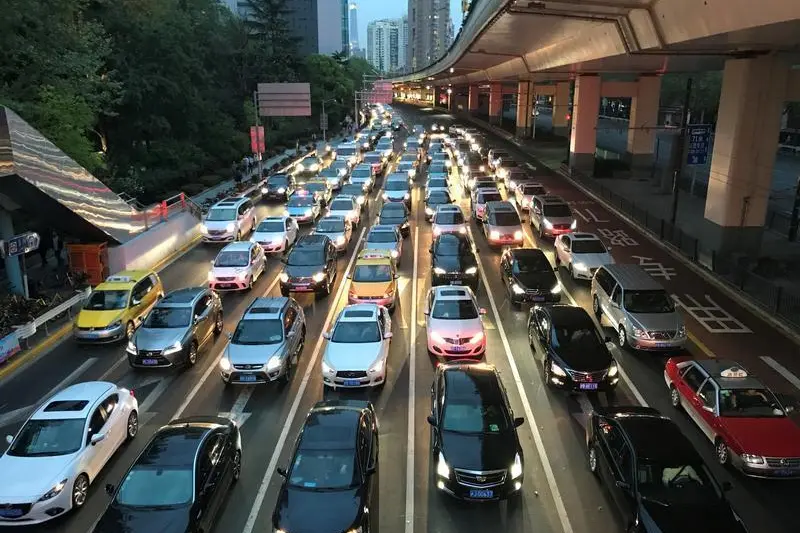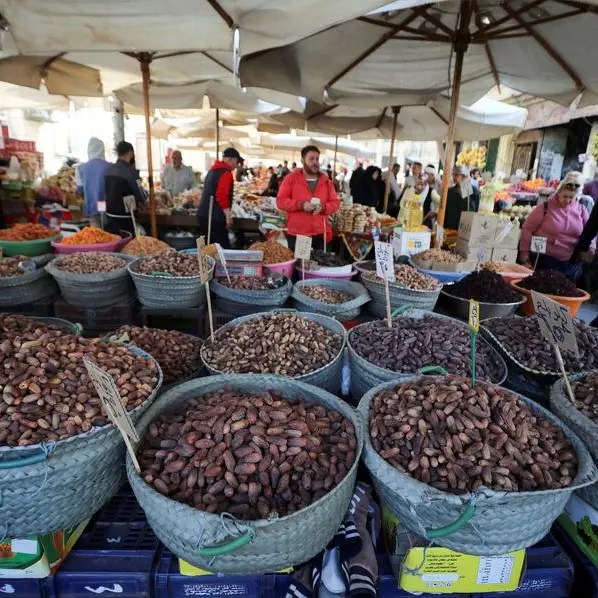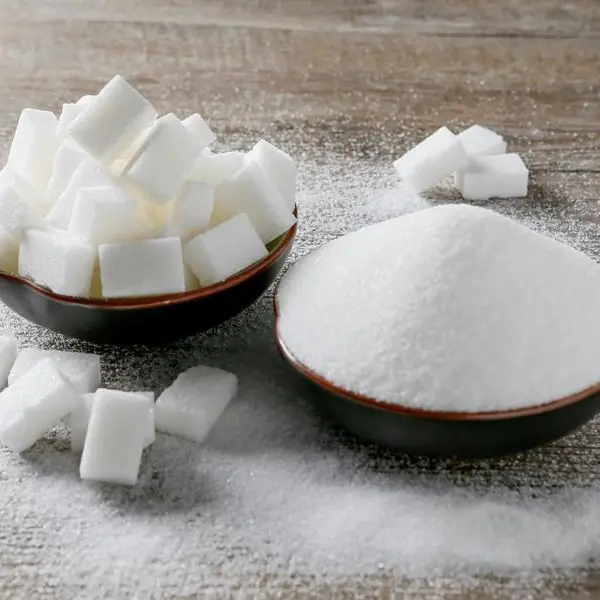PHOTO
China's purchase tax for small-engine cars will be halved, the s Ministry of Finance said on Tuesday, in a move to boost auto sales and support an economy damaged by locked downs imposed in major cities to stamp out outbreaks of COVID-19 .
The government will cut the tax for cars priced at no more than 300,000 yuan ($45,000) and with 2.0-liter or smaller engines to 5% of the sticker price, down from 10% earlier, it said in a statement.
The tax cut will be applicable for purchases from June 1, 2022 through the end of the year.
The move was among a series of measures China's cabinet unveiled on Tuesday to revive its economy as its stringent zero-COVID policies have disrupted production and dampened demand in recent months.
The government said last week that it planned to relieve car buyers of purchase taxes worth 60 billion yuan after the world's biggest auto market saw sales plunge almost 48% in April from a year earlier.
Nissan's Sylphy, Volkswagen's Lavida and Great Wall Motor's Haval H6 are among the best-selling models in the category that will benefit from the tax cut.
China's auto sales jumped more than 45% and surpassed the United States in 2009 when it adopted a similar stimulus for the first time.
It is estimated that the tax reduction could increase car sales by two million units this year, said Cui Dongshu, general secretary of China Passenger Car Association.
However, it could mean fewer electric cars are sold, as the incentive favours combustion cars, said Huang Yonghe, Chief Engineer at China Automotive Technology and Research Center.
China is also in talks with automakers about extending costly subsidies for electric vehicles (EV) that were set to expire in 2022 and roll back a planned purchase tax increase for qualified EVs next year, Reuters reported earlier.
"The stimulative polices will play a positive role boosting auto sales in the short term," said Huang. "But flooding the auto market with stimulus will not create new demand but only bring forward purchases."
($1 = 6.6631 Chinese yuan) (Reporting by Zhang Yan, and Brenda Goh, editing by Ed Osmond, Sonali Desai & Simon Cameron-Moore)
Reuters





















